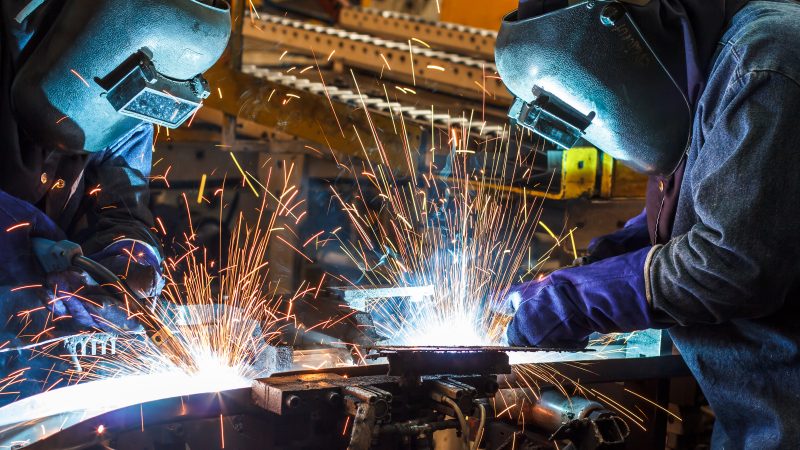
The biggest ever United Nations conference on climate change is coming to our shores in November. For 12 crucial days, leaders from around the world will converge on Glasgow for COP26, where they will consider what measures we must take to halt irreversible damage to our planet. As the conference host, COP26 presents Britain with a unique opportunity to show leadership to the rest of the world. There would be no better way to do this than by greening some of the historically most polluting industries, while creating thousands of new job opportunities in the process.
The aviation and steel industries are amongst the greatest employers and economic drivers both in the UK and globally, but they have been traditionally reliant on fossil fuels. That is now changing. The government has the opportunity to ensure that we are at the vanguard of this change. From this, communities across the country could be the beneficiaries of green growth, not continuous decline. With the right strategy agreed upon at COP26, the government can both support job creation in aviation and steel and lead the way to net zero carbon emissions by 2050.
What should these policies be? Firstly, the government needs to get serious about supporting sustainable aviation fuels (SAFs) and set out a plan to have them replace conventional aviation fuel. SAFs are sustainable fuels made from waste materials. They are 80% less carbon emitting than conventional aviation fuel and are ready for use now. They can currently be up to four times more expensive than conventional more polluting fuels, however this price is dropping as the technology continues to develop.
To be more serious about using these fuels to reduce carbon emissions, the government must use COP26 to broker global agreements to enable SAFs to become the fuel of choice in aviation. Previous US administrations have scuppered proposals to bring in a minimum proportion of SAFs. New leadership in the White House presents a golden opportunity for a deal to finally be reached.
We must also begin to recognise that the steel and aviation industries are inextricably linked. Growth in airports creates new jobs and trade. Aviation infrastructure requires thousands of tonnes of steel – as do wind turbines, solar panels and low emission cars. Demand for steel will only increase. Steel is already the world’s most recycled material, but demand for steel will be more than we can meet by recycling alone.
Government intervention is needed to support steel jobs and cut carbon, with help for the industry to make the transition to net zero. All three of the most promising techniques for low-carbon steelmaking require greater electricity usage than current methods, so action on energy prices is crucial. The government should bring forward and greatly expand the funding it has promised the industry through the industrial energy transformation fund and clean steel fund. It must support research and development into carbon capture and storage, and hydrogen technologies.
The idea of reducing carbon in the atmosphere while creating airline fuel and supporting aviation may seem impossible – but it truly isn’t. The technology is there waiting for us, all it needs is the political will to make it happen. It may well also be the case that people don’t always think about the importance of greener steel production processes when they buy an electric car. But the government can use COP26 to change our way of thinking and our way of doing things.
We can show that, with the right global agreements in place with our partners across the world, growth in big industries can support our progress to net zero carbon emissions. The planet won’t adapt to us, so it’s time for us to lead the way in taking these previously polluting industries and using them to adapt to the future.




More from LabourList
‘Council Tax shouldn’t punish those who have the least or those we owe the most’
Two-thirds of Labour members say government has made too many policy U-turns, poll reveals
‘Two states, one future: five steps on the path to peace for Israelis and Palestinians’